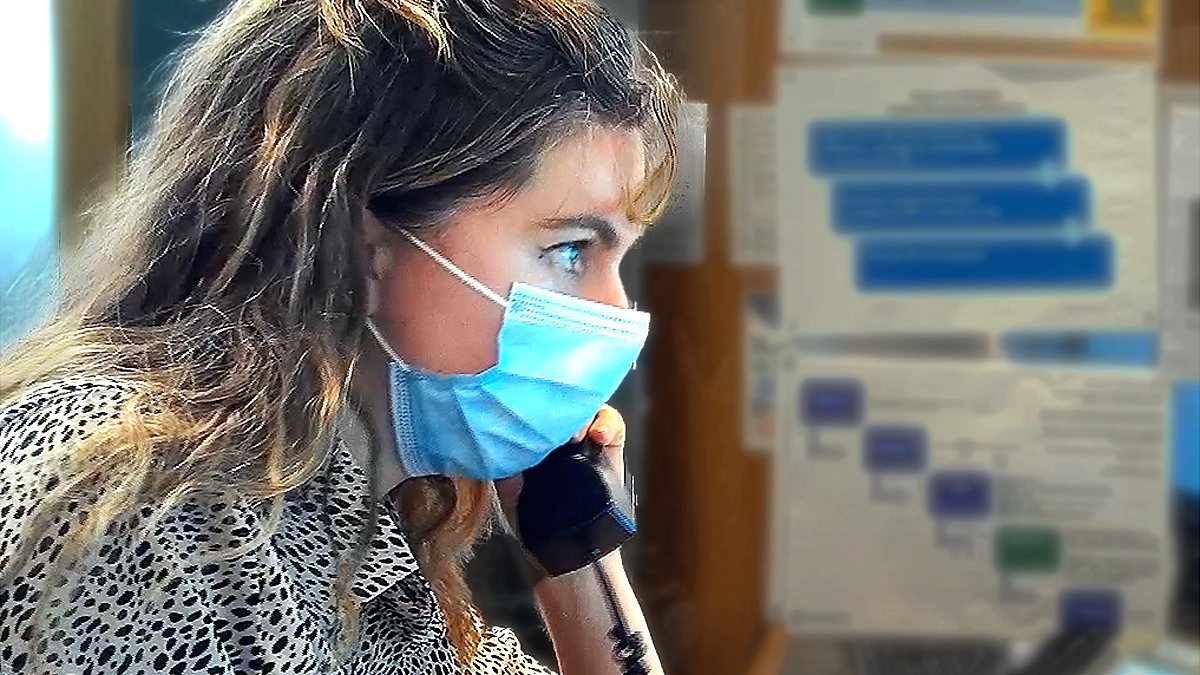Call for physician associate clarity after misdiagnosis death
- Published
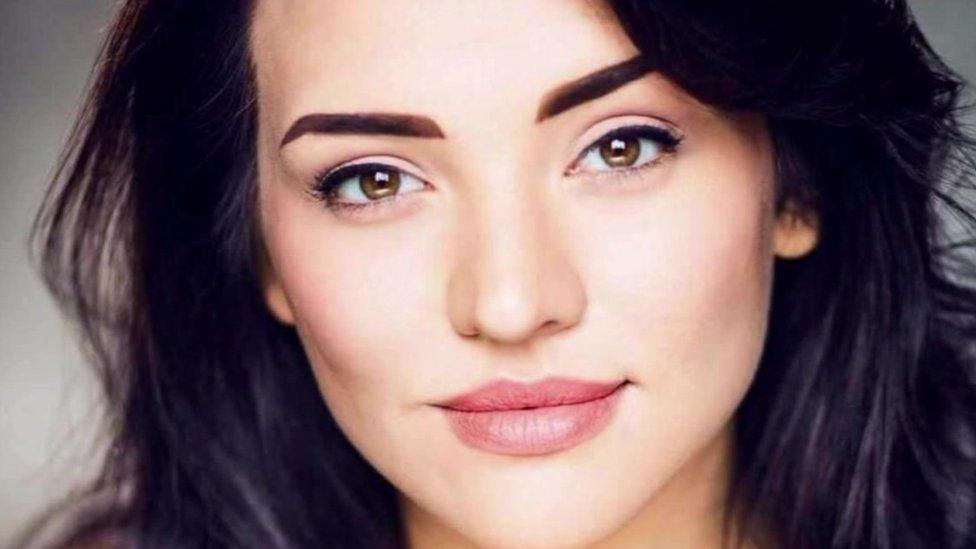
Emily Chesterton died three weeks after she first sought medical advice
A leading health think tank has joined calls for physician associates' roles to be better defined following the death of a woman after a misdiagnosis.
Emily Chesterton, from Salford, died aged 30 after two appointments with a physician associate whom she believed was a GP.
Introduced in 2003, the role involves supporting doctors, external.
Nigel Edwards, from the Nuffield Trust, said patients should have the choice to say: "I'd rather see a doctor".
Mr Edwards, who is chief executive of the think tank, told BBC Radio 4 Today that "patients don't necessarily know who they are or what to expect" when dealing with physician associates, who support doctors in making diagnoses.
He said the role could help GP surgeries facing pressures but there were concerns that it could "go wrong" if there was not proper supervision.
The NHS plans to increase the number of physician associates to 10,000 by 2037, according to the Department of Health and Social Care.
The role is currently unregulated with the government planning legislation for regulations to be introduced before the end of 2024.
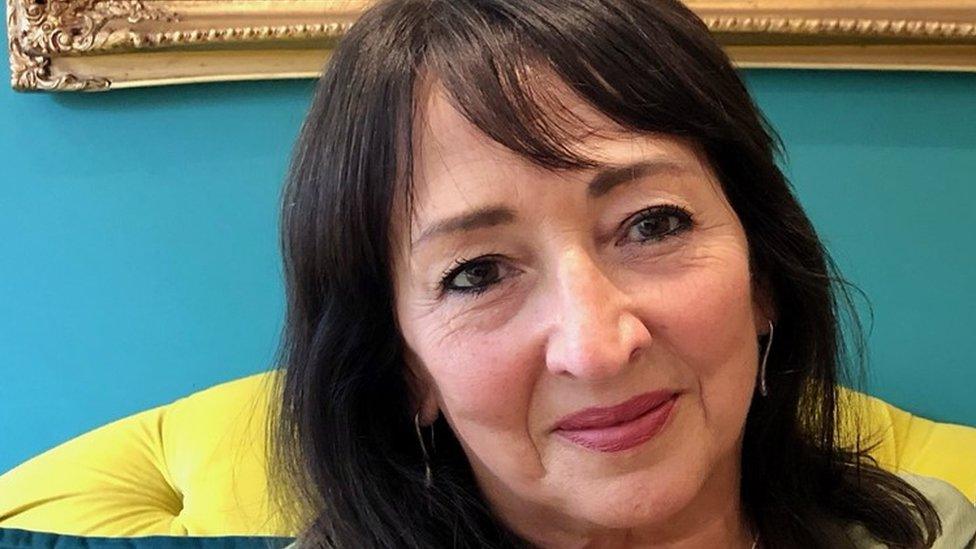
Marion Chesterton said physician associate "sounds grander than a GP"
Mr Edwards said: "The model is actually quite a good one - it works in other countries - but it can [be done] badly and I think the worry here is if it's not done well.
"If they're not properly supervised, if it's not clear what they're doing, and if they don't make it clear to the patient who they are, then there is an opportunity for things to go wrong."
Ms Chesterton, an actress, attended The Vale Practice in London's Crouch End with calf pain in October.
She was diagnosed with a sprain when she actually had a blood clot. At a second appointment, she was given anxiety medication after reporting further symptoms of a swollen leg and shortness of breath.
She collapsed later that day and died in hospital in November, three weeks after she first sought medical advice.
Ms Chesterton's mother Marion previously told the BBC: "If I had known earlier that she had not seen a doctor, I would have marched back to the surgery or gone straight to hospital.
"Physician associate sounds grander than a GP," she added.
"It's been heart-breaking to know that if she had been referred to A&E at either of the times she attended that surgery, the outcome - according to the coroner at the inquest - was that she would have lived and those four words - 'she would have lived' - will live with me for the rest of my life."
Renaming suggestion
Mr Edwards called for a "very clearly defined scope of practice".
He said physician associates, who have undergone postgraduate training, needed to be "properly supervised - which is a challenge given how busy GPs are at the moment".
"There's a lot of things to put in place and I don't think they're in place everywhere because this model has grown and evolved over time."
Earlier in July, members of the doctors' union the British Medical Association (BMA) called for the role to be renamed as "physician assistant" and for more efforts to ensure that physician associates were not confused with doctors.
Health minister Will Quince said he would look into the renaming suggestion and that, regardless of the title, "we need to make sure they are properly introducing themselves and their role, and making that very clear to patients".
The Department of Health and Social Care said physician associates "can provide vital support in providing medical care and anaesthetic services to patients and can help reduce pressure on doctors".
It said there were "record numbers of doctors working in the NHS with over 5,800 more compared to this time last year, and the NHS' plan - backed by over £2.4bn - will double the number of medical school places by 2031 alongside increasing the number of physician associates to 10,000 by 2037".

Why not follow BBC North West on Facebook, external, Twitter, external and Instagram, external? You can also send story ideas to northwest.newsonline@bbc.co.uk, external
Related topics
- Published12 July 2023
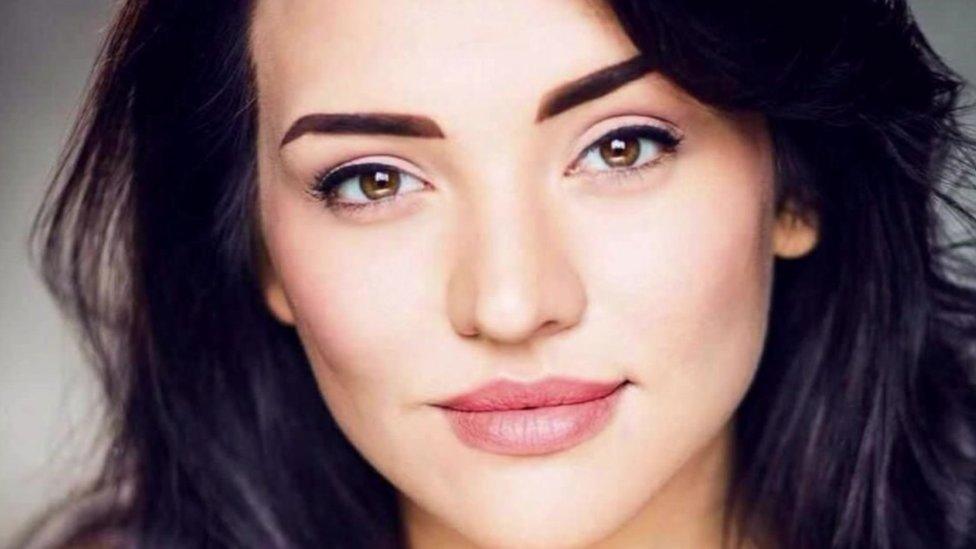
- Published13 June 2022
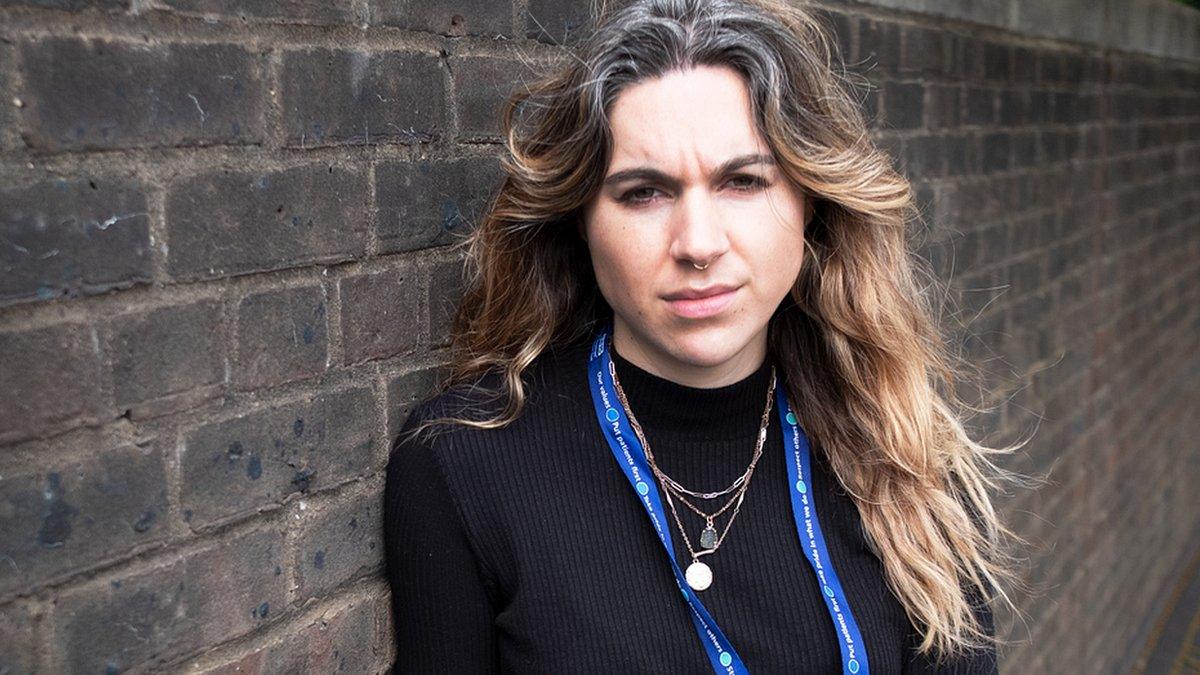
- Published13 June 2022
